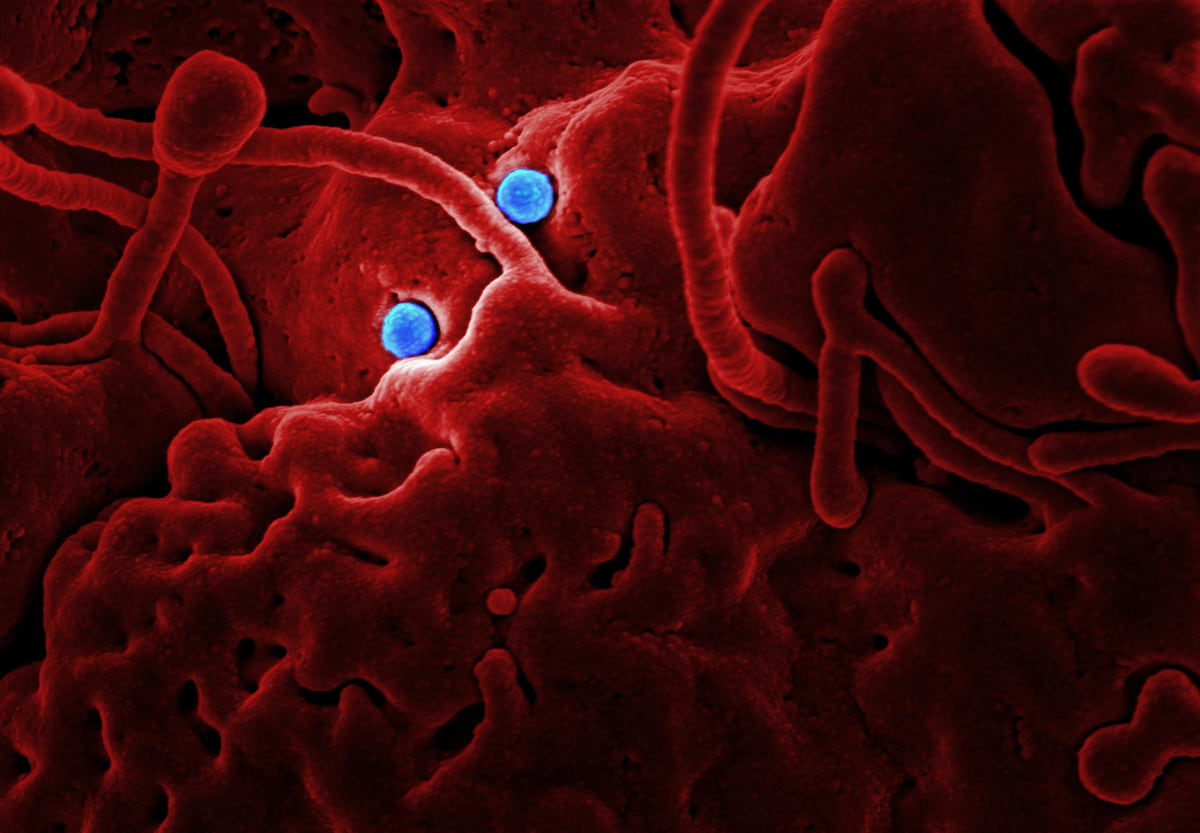Mosquitoes and other insects are tiny, but they can carry some big problems, like diseases such as dengue and Zika virus. But what if we could make these insects less harmful to us? Scientists have been working on a clever plan involving special bacteria called Wolbachia, and their research, conducted at the University of California, Santa Cruz, is bringing some exciting results.

The Fertility-Enhancing Bacteria
Wolbachia pipientis might sound like a mouthful, but this tiny bacteria could be a big help. When certain strains of Wolbachia infect insects like mosquitoes, they don’t just reduce disease levels in the bugs; they also boost the insects’ ability to have more baby mosquitoes. Humans have been using this to their advantage to control the number of insects that spread diseases.
Imagine this: instead of killing all mosquitoes, we could just add Wolbachia to them. This would mean fewer mosquitoes would carry diseases like dengue and Zika, making it much safer for us when they bite. This approach is already showing some excellent results.
The research that made this discovery possible was led by Shelbi Russell, an assistant professor of biomolecular engineering at UC Santa Cruz. She explains, “With insect population replacement approaches, they keep all the mosquitoes and just add Wolbachia so that fewer viruses are carried in those mosquitoes and transmitted to humans when they bite them, and it’s working really, really well.”
Understanding Increased Fertility
Now, let’s dive into the fascinating part: how Wolbachia makes insects have more babies. This special bacteria is like a superhero for mosquitoes. You see, Wolbachia has a way of making male mosquitoes’ sperm less powerful. When these infected male mosquitoes mate with uninfected females, most of the potential baby mosquitoes die right from the start, and the rest don’t last very long either. Humans use this to reduce the mosquito population.
But here’s the twist: after Wolbachia has done a great job of killing off uninfected mosquitoes, it changes its strategy. Instead of reducing the mosquito population, it starts helping the infected ones have even more babies. Understanding this change is important so that we don’t accidentally cause problems when trying to control insect populations.
Beyond Disease Prevention
This research isn’t only about keeping diseases in check. It also has some exciting applications when it comes to our changing climate. If we can control insect populations using bacteria like Wolbachia, it could help protect our crops. Insects can cause a lot of damage to crops, and as the climate changes, the problem might get worse. Using bacteria to control insect populations could be a helpful solution for farmers.
Wolbachia in the Lab
Now, let’s talk about how the scientists did this research. Shelbi Russell and her team focused on Wolbachia and their favorite host: fruit flies. These fruit flies were easy to work within the lab, which is not always the case for scientists studying bacteria. Studying bacteria and their hosts can be quite tricky because they may not survive well in a lab setting. However, Wolbachia and their fruit fly hosts offered a unique opportunity to understand how bacteria can change the DNA and biological processes of their host.
Russell explains, “Through studying this system, I can learn a lot about how these weird bacteria work and how they integrate with host biology. Bacteria can hop into these eukaryotes and leverage some of those mechanisms that their ancestors didn’t even contain the genes for. It’s a really fascinating thing in general, and it’s cool that we can leverage this for biological control applications.”
The research was primarily led by Shelbi Russell during her time as a postdoctoral scholar in William Sullivan’s lab at UC Santa Cruz. Russell’s work was supported by the UC Santa Cruz Chancellor’s Postdoctoral Fellowship and funding from the National Institutes of Health.
In a nutshell, this groundbreaking research at UC Santa Cruz has shown that a tiny bacteria called Wolbachia can do more than just reduce disease in insects like mosquitoes. It can also boost their fertility, offering hope for better disease control and even helping our crops stay safe in the face of a changing climate. This discovery, led by Shelbi Russell, sheds light on a fascinating biological partnership that might just change the way we deal with pesky insects and the diseases they carry. As researchers continue to study these tiny organisms, the future of disease control and agriculture could look brighter than ever before.


